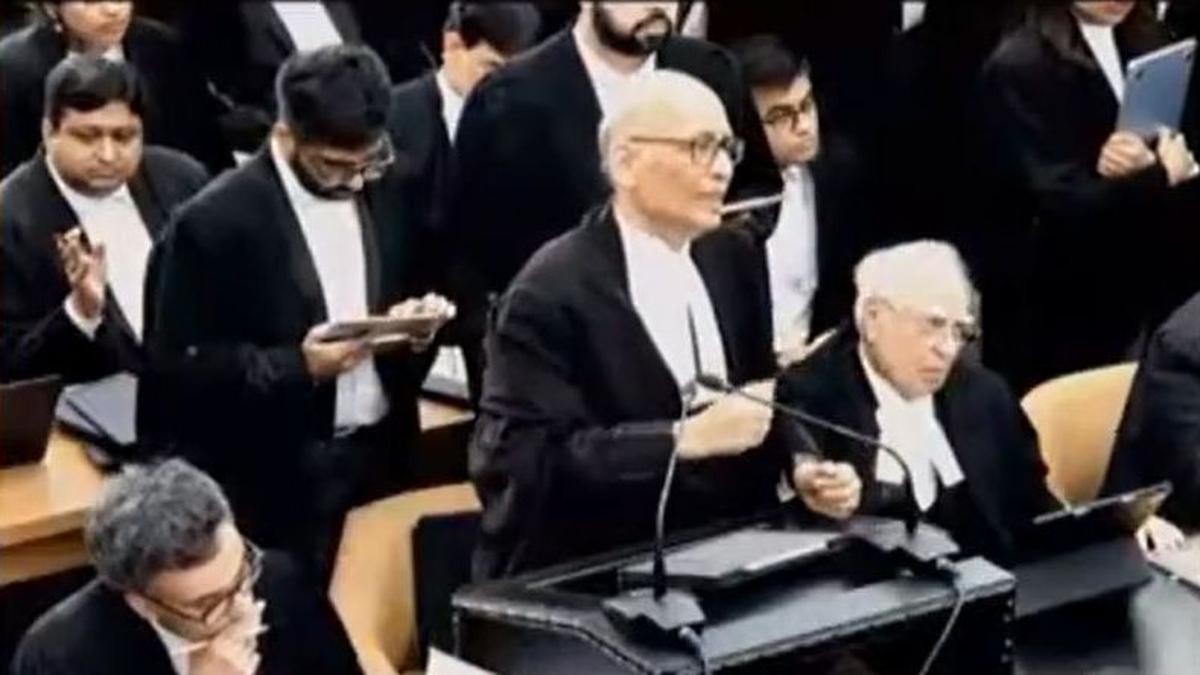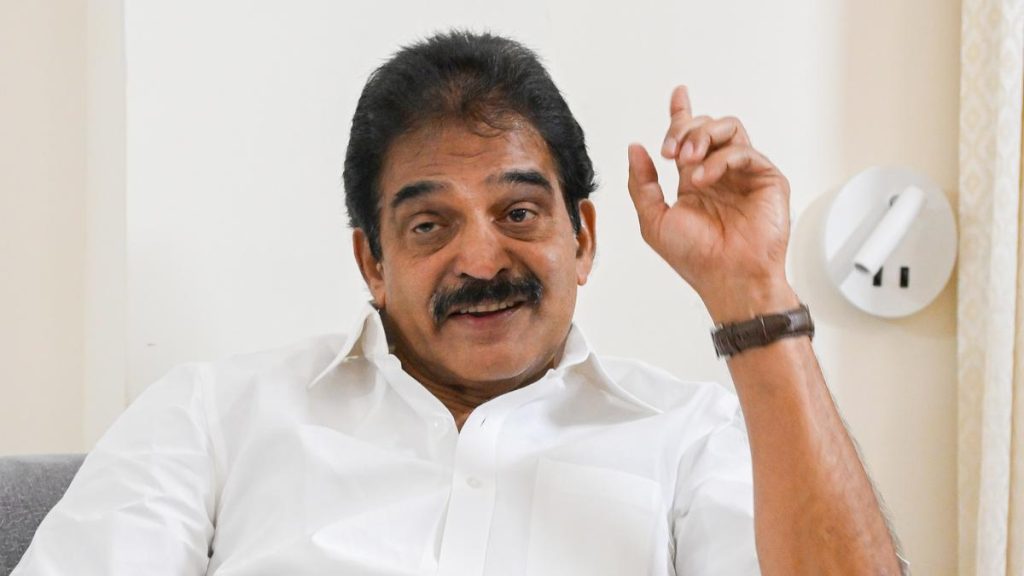Now Reading: Tamil Nadu to SC: Governor Cannot Function as ‘Super Chief Minister
-
01
Tamil Nadu to SC: Governor Cannot Function as ‘Super Chief Minister
Tamil Nadu to SC: Governor Cannot Function as ‘Super Chief Minister

Rapid Summary
- On August 28, 2025, Tamil Nadu presented arguments in the Supreme court countering claims by the Center and BJP-ruled States that governors hold “wide discretion” in their roles.
- Senior advocate A.M. Singhvi argued before the Presidential Reference Bench headed by Chief Justice B.R. Gavai, stating a Governor cannot act as a “super Chief Minister” or have overriding authority over State governance.
- Singhvi emphasized that under Article 200 (assent to State Bills), a Governor’s role is facilitative and guided by the advice of the State Cabinet.
- He disputed doomsday predictions raised over limits set on gubernatorial discretion in an April 8, 2025 judgment by the Supreme Court.
- Tamil Nadu questioned how Governors could dominate legislation processes or be interpreted as having ultimate authority on bills within States.
- Solicitor-General Tushar Mehta defended gubernatorial powers and immunity under Article 361 but clarified courts can examine actions for mala fides. He also argued States cannot use Article 32 of the Constitution to claim violation of basic rights.
[Insert image: Senior advocate A.M. Singhvi during arguments – Photo: YouTube/@SupremeCourtofIndia]
[Insert video: Link to YouTube video embedding]
Indian Opinion Analysis
The ongoing debate highlights critical questions about federal structure and separation of powers within Indian democracy. Tamil Nadu’s argument underscores concerns about potential clashes between elected governments and Governors appointed under political prerogative. It seeks clarification on constitutional limits regarding discretionary authority afforded to governors without undermining legislative sovereignty.
From Solicitor-General Mehta’s perspective,defending immunity for Governors aims at maintaining institutional stability while ensuring judicial oversight against misuse of such powers. This raises vital implications for checks-and-balances mechanisms between judiciary, executive, and legislature at both central and state levels.
As unity among states becomes pivotal for cooperative federalism amid increasing tensions surrounding constitutional interpretations, this case could influence future frameworks governing relationships between states and centrally appointed officials like Governors.
Read more: Presidential Reference hearing highlights
























